
Complete Creative Writing Course
Chris Sykes
For Siobhan and Bertie
About the author
Chris Sykes has written poetry which has been published in the UK and USA. He has had three stage plays produced and has worked extensively on radio as a writer and, for a brief while, as a sports commentator. Over a period of 30 years he has taught creative writing in major UK universities such as Warwick, Oxford, City University London and the University of Sussex, as well as a variety of starting-to-write courses at the City Literary Institute, London. He has led writers workshops at the Cheltenham Literary Festival and performed as a singer-songwriter at the Oxford Literary Festival. In 2008 he produced a CD of 12 songs entitled Walking on the Beach. He is the author of Your Evening Class: Creative Writing, The Writers Source Book and How to Craft a Great Story, all for Hodder & Stoughton. He is well versed in helping people get started in writing, nurture the necessary skills to tell a story, create believable characters and develop narrative, and has had many pupils go on to publish their writing. He currently lives in Lewes, East Sussex.
Acknowledgements
I would like to thank all the writing students I have worked with in 30 years of teaching creative writing. I honed and developed many of the exercises in this book in writing classes in Warwick, Leamington Spa, Oxford, High Wycombe, London, Brighton and other places, including mid-Atlantic on the QM2. Thank you all.
Please note that Chapter 14: Character and viewpoint and Chapter 16: Conflict and genre are adapted, with amendments and additions, from my own Writers Source Book (Hodder, 2012).
Contents
Introduction: how to use this book
Writing a poem is discovering.
Robert Frost
Writing is an exploration. You start from nothing and learn as you go.
E.L. Doctorow
There are three rules for writing a novel. Unfortunately, no one knows what they are.
Somerset Maugham
Fiction seeks to involve you in a story world of characters and events. The simple aim of any non-fiction book is to give you information, to tell you facts or present arguments. But this non-fiction book seeks to involve you, too. It is not going to be just a matter of reading. You are here to do as well as to read. You will be encouraged to think things out for yourself, to analyse and record your thoughts and ideas, as well as to produce creative writing. This book will be for you whether you:
are starting out wanting to write or just thinking about it
want to explore your creativity in a variety of ways
are writing already
want to learn about different genres
have settled on a particular field of writing.
It aims to:
be enjoyable, give you some fun and stimulate you
give you ideas and tools
unlock and develop your creativity
instil a sense of confidence
give you experience of different genres.

Key quotes
Writers are agreed: the only way to write is to write:
The way to get started is to quit talking and begin doing. Walt Disney
If you want to be a good writer, write. Epictetus
You only learn to be a better writer by actually writing. Doris Lessing
Using this coursebook together with a notebook will encourage you to take part, think for yourself and be an active learner. We will talk more about notebooks in . Your notebook will be your writing book; a place to complete the exercises in this book, to record your thoughts and observations, and to play around with ideas. For now, get yourself something to write on and something to write with. If you have got a notebook, use that. If you have not got a notebook, use anything for now, but promise yourself you will buy one.
Towards a definition

Snapshot
Write down what you understand by the term creative writing.
When you have done that, write down six things that you think are important to creative writing. Write them down before you consider the answers given below. Do it now. Write.
If you consult a dictionary, creative writing is considered to be any writing, fiction or non-fiction that is not journalistic, academic or some other technical form of writing. It includes most novels and epics, as well as short stories and poems. But if you ask creative writing students this question, the answers you get are sometimes quite different. They believe creative writing is:
The creation of characters, plots and styles of writing inspired from life and imagination
Writing that is intended to be imaginative and personal rather than merely informational: stories, plays, poems and so on
Writing about things, stories, plays, poetry, in a way that reflects the way an individual experiences and explains life in order to communicate
Fiction following fanciful and less fanciful themes exploring life, situations and emotions through characters and plot
Self-expression using words as the medium
Moving beyond the intellect to a place that connects to emotions, heart and soul, in an attempt to gain a deeper understanding of ourselves and the world around us
Many things free flow of the unconscious or ability to delve into the mind a structured way of expressing to others
Writing fiction. It could be short stories novels or poems
Using your imagination to create a work of fiction
A fictional expression of ideas or stories through written language
Writing. Any form of writing is a creation from proposals and reports through to poetry
Putting your thoughts, feelings and emotions into a pattern of words that convey them in an accurate, readable and interesting format.
You can see that there is a range and diversity of views and expectations among people taking writing courses. But there are common themes in these suggestions. Creating a work of fiction comes up quite often, whether it is in the form of a story, a novel, a poem or a script. There are references to the imagination, to self-expression, to thoughts, feelings and emotions, to the free flow of the unconscious. For those students, creative writing is writing that moves beyond the intellect; writing that is personal and emotional and imaginative and that reflects life as the individual experiences it.
You will have your own view but it will probably coincide in some ways with the definitions given here. Another lesson we can learn from these definitions is that there is difficulty in taking a tight, all-encompassing view of this subject. Creative writing can mean many different things to different people and whatever it means to you, your view is as valid as anybody elses. You can take from the subject what you wish.

Snapshot
Has considering the other definitions of creative writing helped you revise your own? If so, write down your revised views. Do that now. Write.
Can creative writing really be learned or taught?
Despite the growing history of teaching creative writing in this country, this issue is still often raised, implying doubt that creative writing can be taught or learned at all. The argument is often put forward that creative writing is not a subject like art, history or physics, and that great writers from the past did not attend writing classes; they taught themselves, or they were born with the gift and they just wrote. But why should we think that only people with the gift can write and that creative writing cannot be taught? You, presumably, must think you can learn something about it, else you would not be reading this book. Publishers must presumably think some things about writing can be taught, else why publish this book at all?
Next page

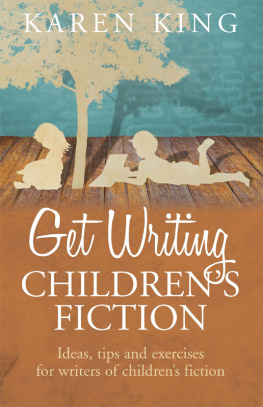
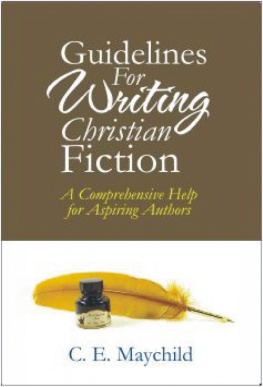

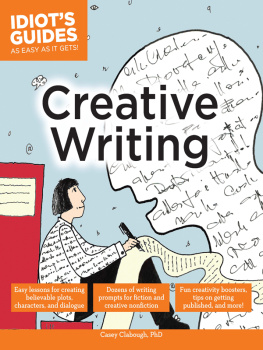

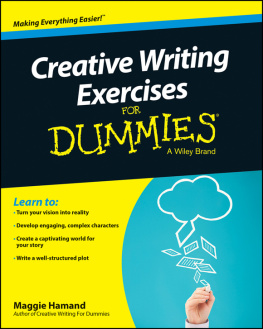
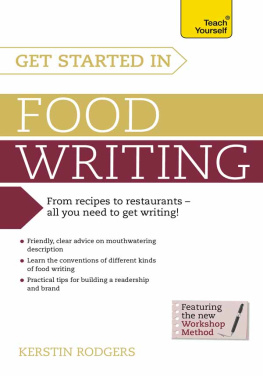
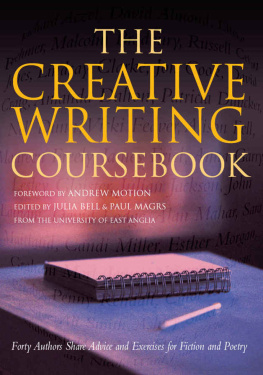
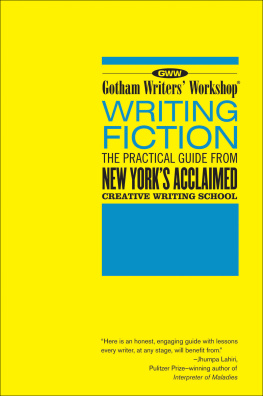

 Key quotes
Key quotes Snapshot
Snapshot